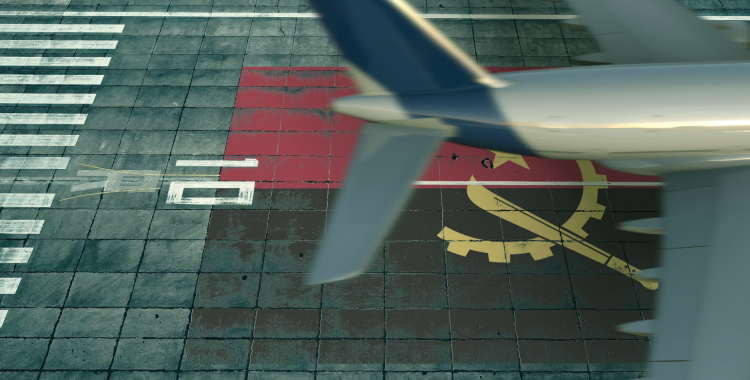According to the presidential decree that determines the rules to be observed during the state of the calamity, the entry and exit of the Angolan territory are subject to sanitary control defined by the competent authorities and include special situations.
In this lot are the return to national territory of nationals and resident foreigners, travel by foreigners to their respective countries, official travel, entry and exit of cargo, merchandise and postal parcels, humanitarian aid, medical emergencies, technical stopovers, entry and exit of diplomatic and consular personnel, transfer of corpses, with up to two companions being admitted, and entry to specific tasks by foreign specialists.
In the case of the return of nationals and foreigners, medical emergencies, transfer of corpses and entry of specialists, the authorities may establish the mandatory pre-shipment tests, as well as the total or partial reimbursement of expenses related to post-landing tests or submission to hospital confinement.
In the province of Luanda the sanitary fence remains until 23:59 on 9 June.
The competent authorities can establish a fence or a sanitary cordon “with the risk of community transmission and whenever the epidemiological situation recommends it”, in which case rules should be defined for the entry and exit of people, operation of services and commerce, among other aspects, stipulates the University Degree.
If there is a risk of community transmission, mandatory quarantine and testing can be determined, in proportion to the risk reduction.
In areas subject to fence or sanitary cordon, citizens vulnerable to infection by covid-19 are subject to special protection, namely people aged 60 or over, people with chronic risk diseases, pregnant women and children under 12 years old.
The public and private health units will be able to implement a fence and sanitary cord, whenever justified, and test the following groups: citizens from abroad, confirmed contacts of cases of infection by covid-19, crew of means of transport from abroad, health workers and defense and security agents, people living in areas at risk of community transmission, etc.







